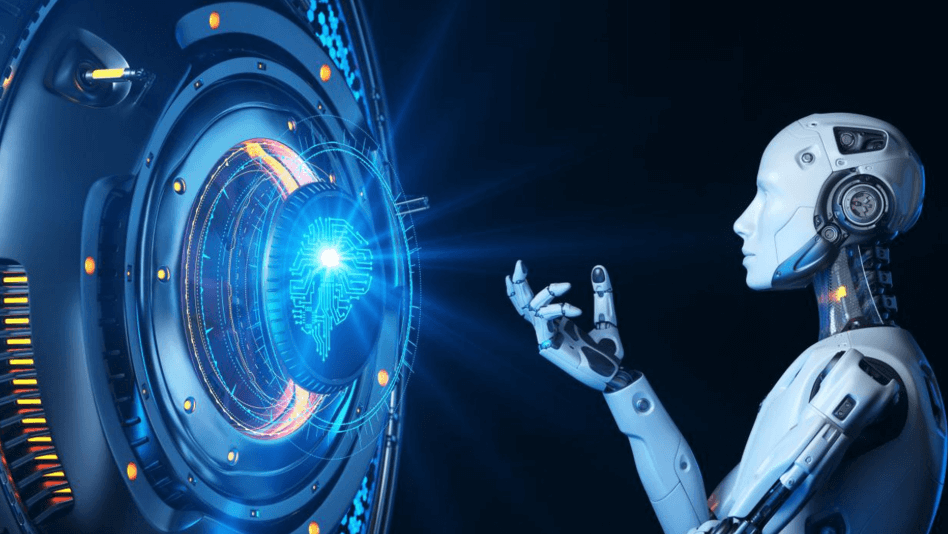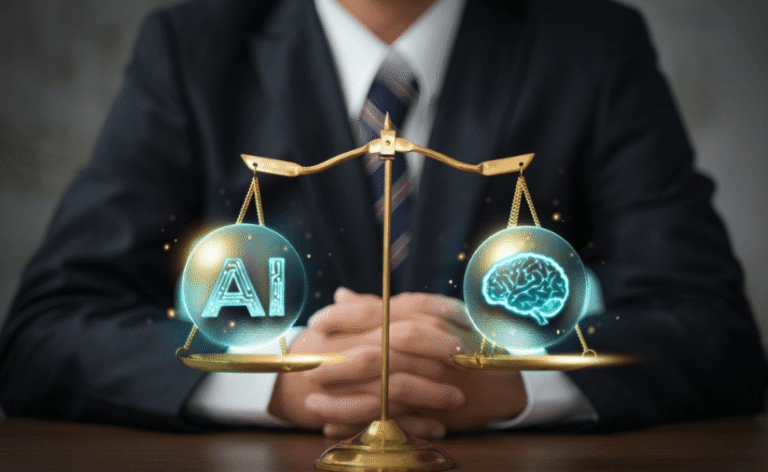The Future of Artificial Intelligence: What’s Next?

The trajectory of artificial intelligence signals significant technological shifts with potential for autonomous decision-making and advanced problem-solving. Progress hinges on innovations in neural network design and algorithm efficiency, yet raises complex ethical questions. As AI systems become more integrated into daily life, understanding the balance between capability and responsibility becomes critical. The evolving landscape invites ongoing examination of societal implications, prompting a closer look at how future developments may reshape industries and societal structures alike.
Emerging Trends and Breakthroughs in AI Technology
What are the most significant advancements shaping the future landscape of AI technology? Neural network evolution drives unprecedented AI creativity, enabling autonomous problem-solving and generative capabilities. These breakthroughs foster innovative applications, unlocking new potentials for freedom and exploration in AI.
Continued refinement in neural architectures signifies a transformative trajectory, emphasizing adaptability, scalability, and the expansion of autonomous creative intelligence.
See also: The Future of Artificial Intelligence in the Legal Industry
Ethical Challenges and Responsible AI Development
The rapid evolution of neural network architectures and autonomous problem-solving capabilities amplifies the need to address the ethical implications inherent in advanced AI systems.
Algorithmic bias and privacy concerns pose significant challenges, requiring rigorous frameworks for transparency and accountability.
Future development must prioritize responsible design to ensure AI aligns with human values and preserves individual freedoms.
The Impact of AI on Society and the Workforce
Examining the societal and workforce implications of artificial intelligence reveals a complex landscape of transformation driven by automation and intelligent systems.
Privacy concerns emerge from data reliance, while job displacement risks reshape labor markets.
Future developments must balance technological advancement with safeguarding individual freedoms, ensuring AI and tools like an AI music generator enhance societal resilience without compromising privacy or economic stability.
Future Opportunities and Potential Risks
While artificial intelligence presents substantial opportunities for innovation and efficiency across various sectors, it also introduces significant risks that must be carefully managed.
Future prospects hinge on robust AI regulation and enhanced data privacy measures, ensuring technological freedom while mitigating vulnerabilities.
Balancing progress with safeguards will define AI’s trajectory, fostering responsible development without compromising individual autonomy.
Conclusion
The trajectory of AI development resembles navigating a complex, uncharted ocean—brimming with potential yet fraught with unpredictable currents. Embracing responsible innovation and ethical stewardship will serve as the compass guiding this voyage, ensuring technological advancements align with human values. As stakeholders chart this course, balancing progress with societal safeguards will be essential to prevent perilous waters and unlock the transformative power of AI for a resilient, equitable future.





